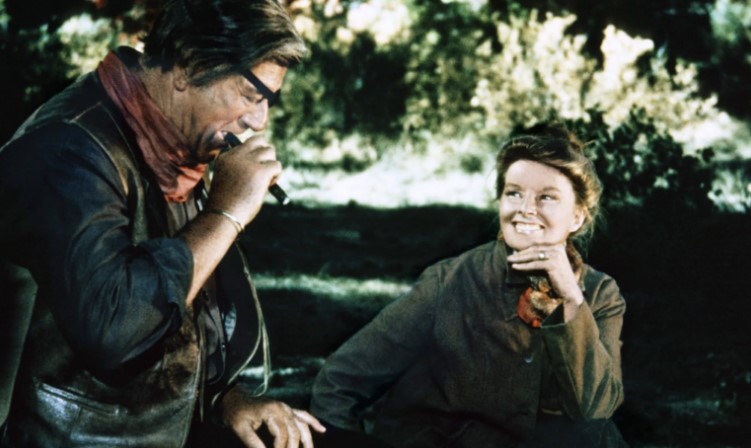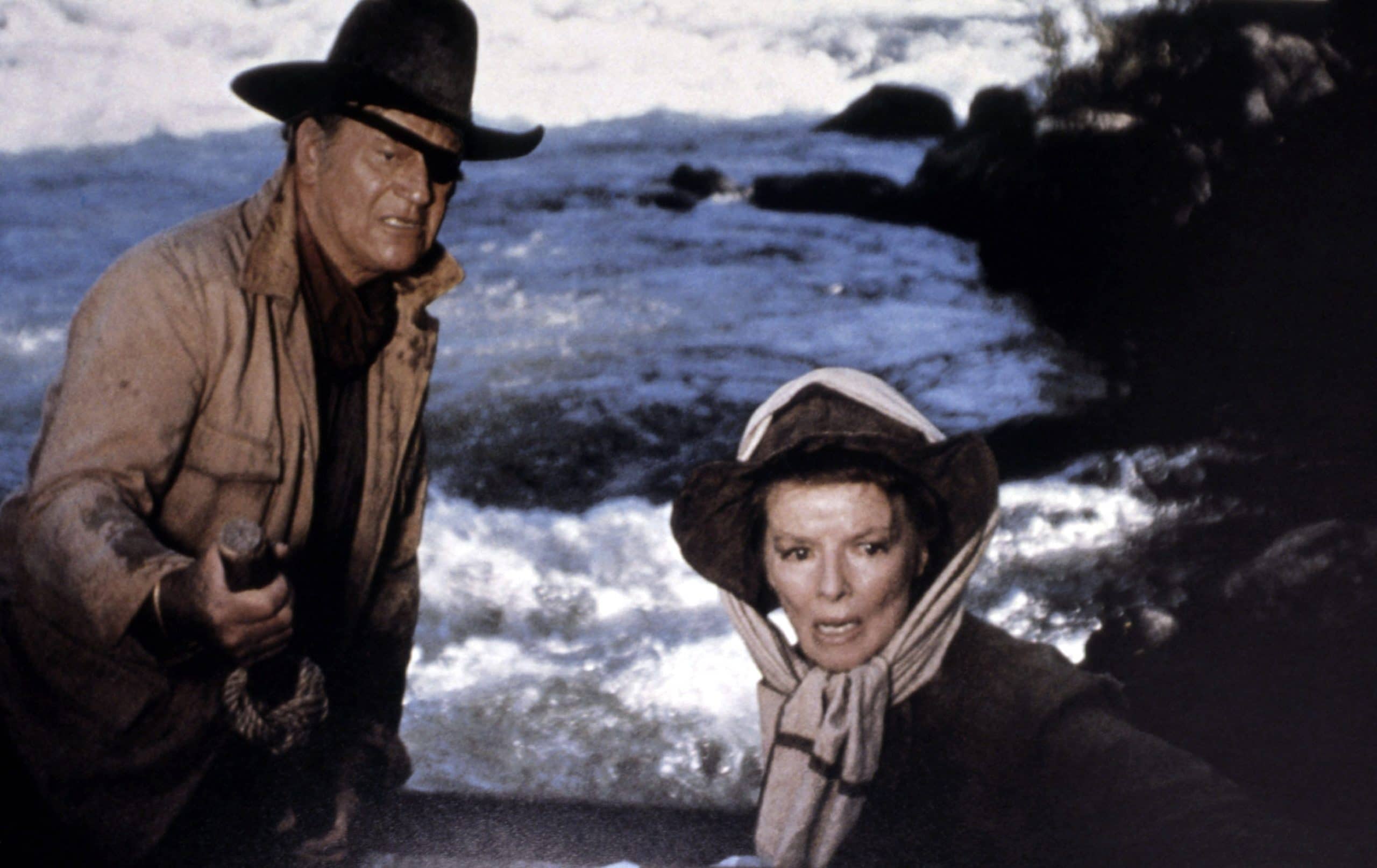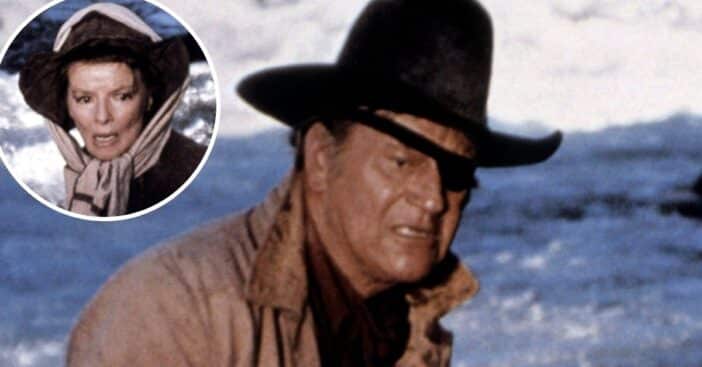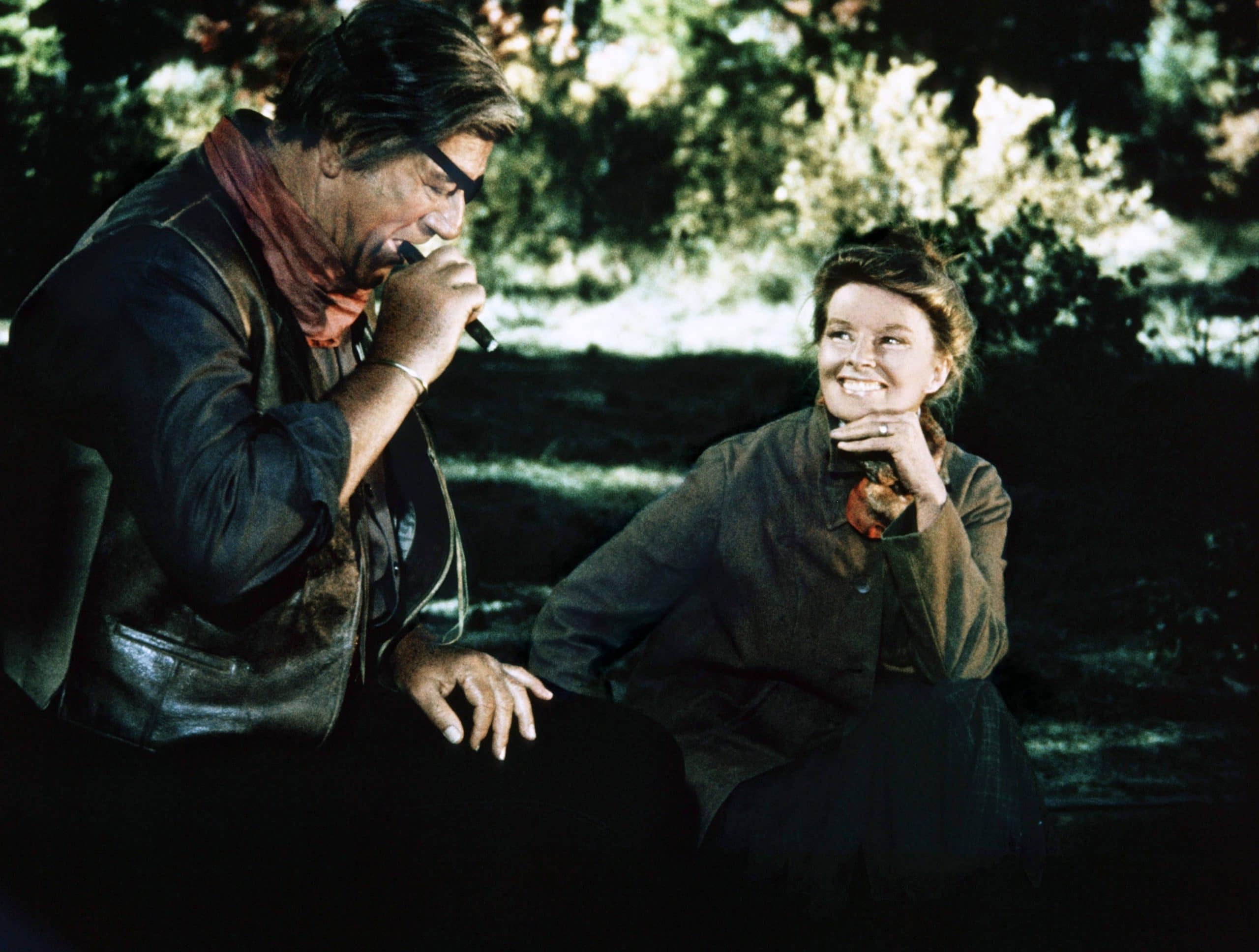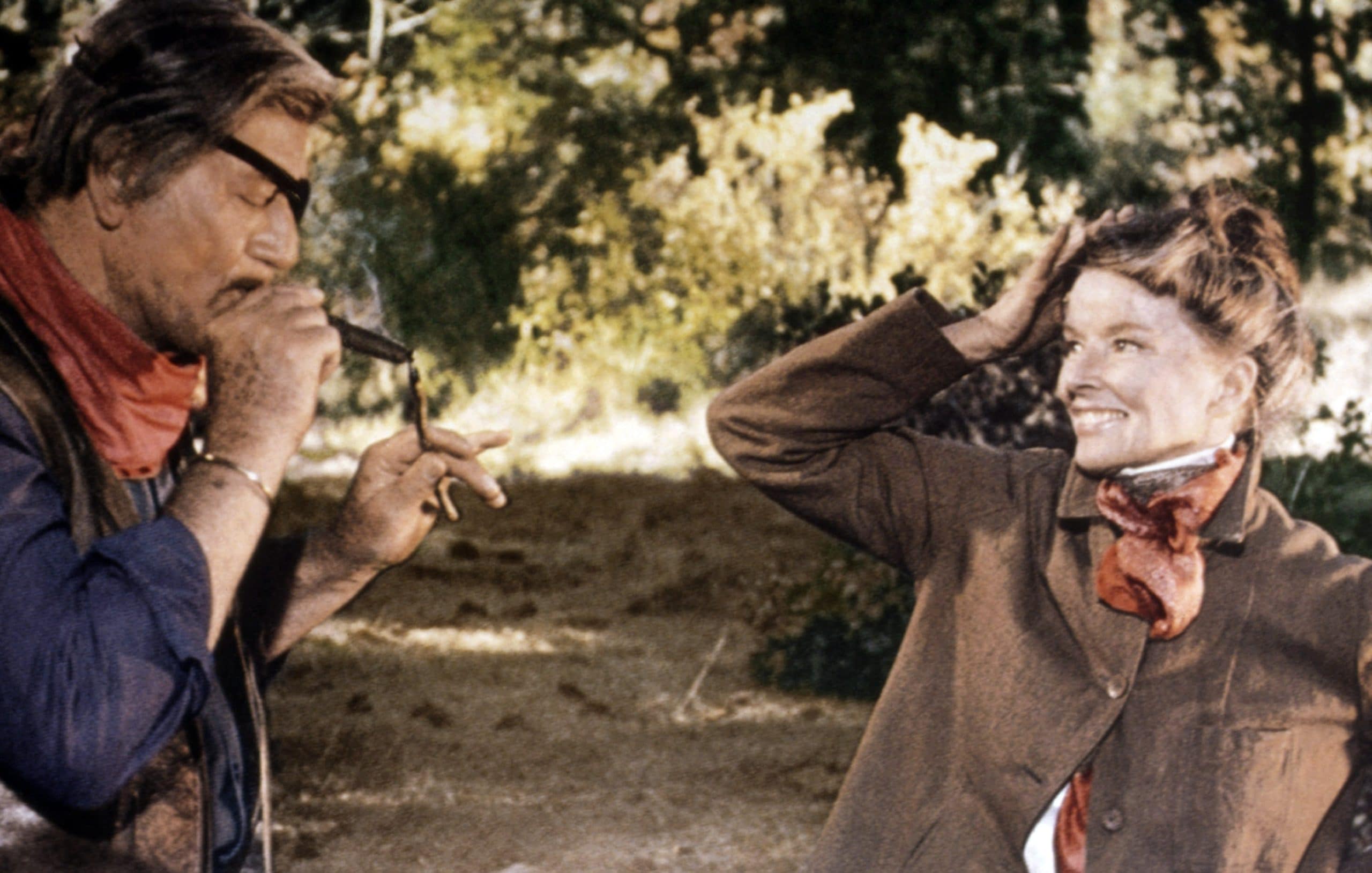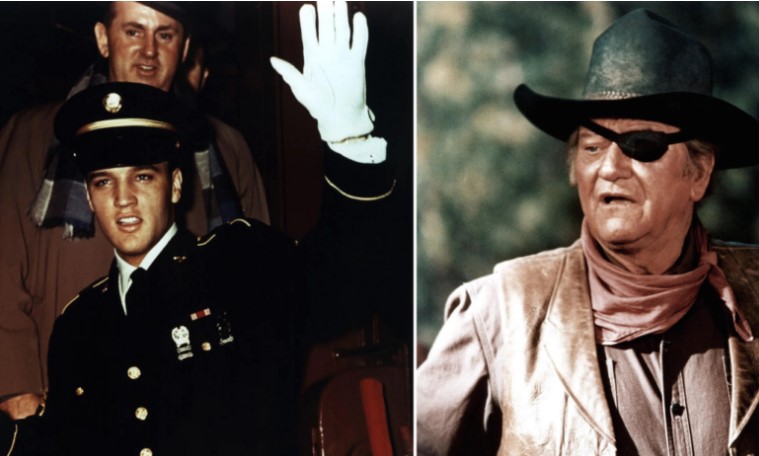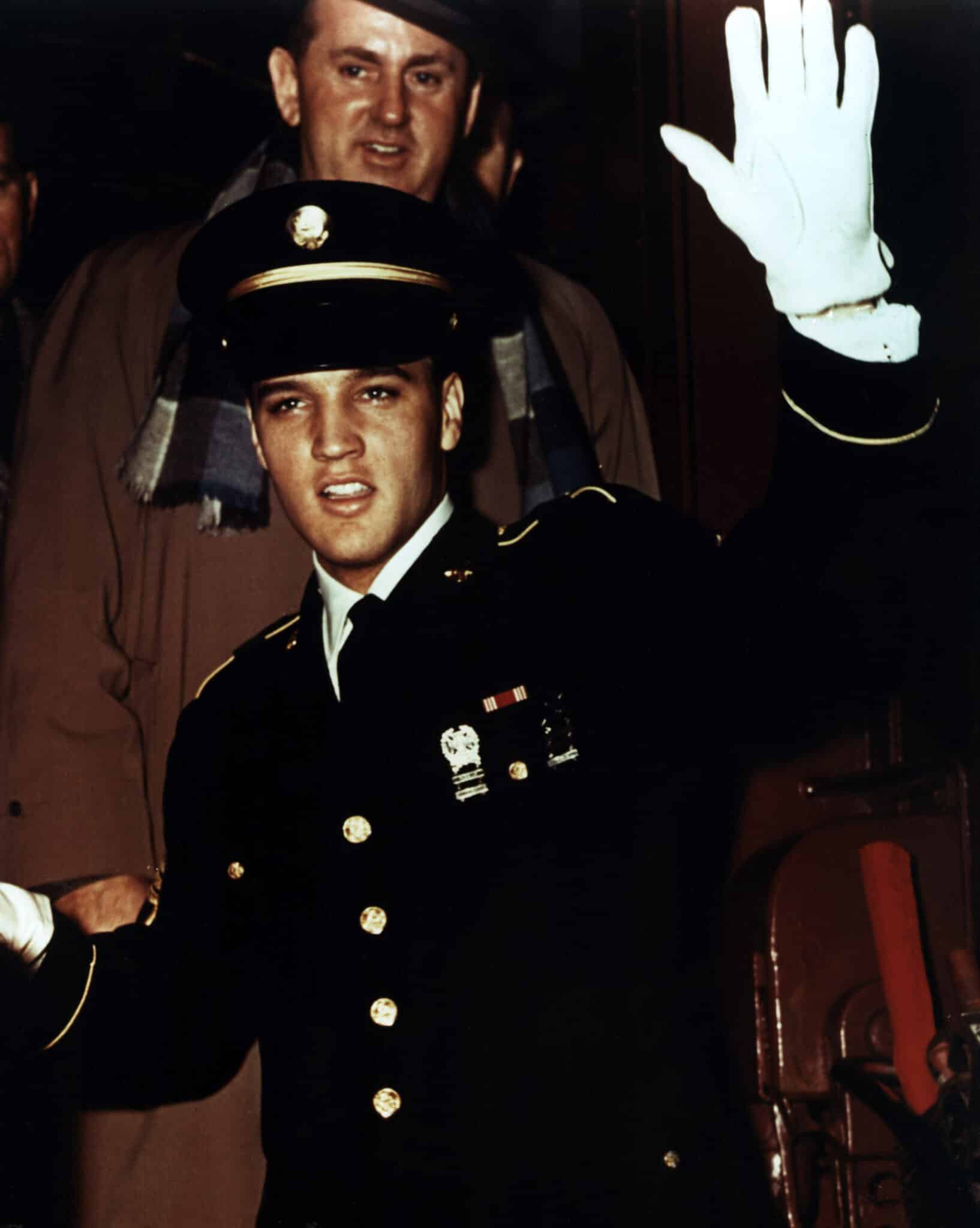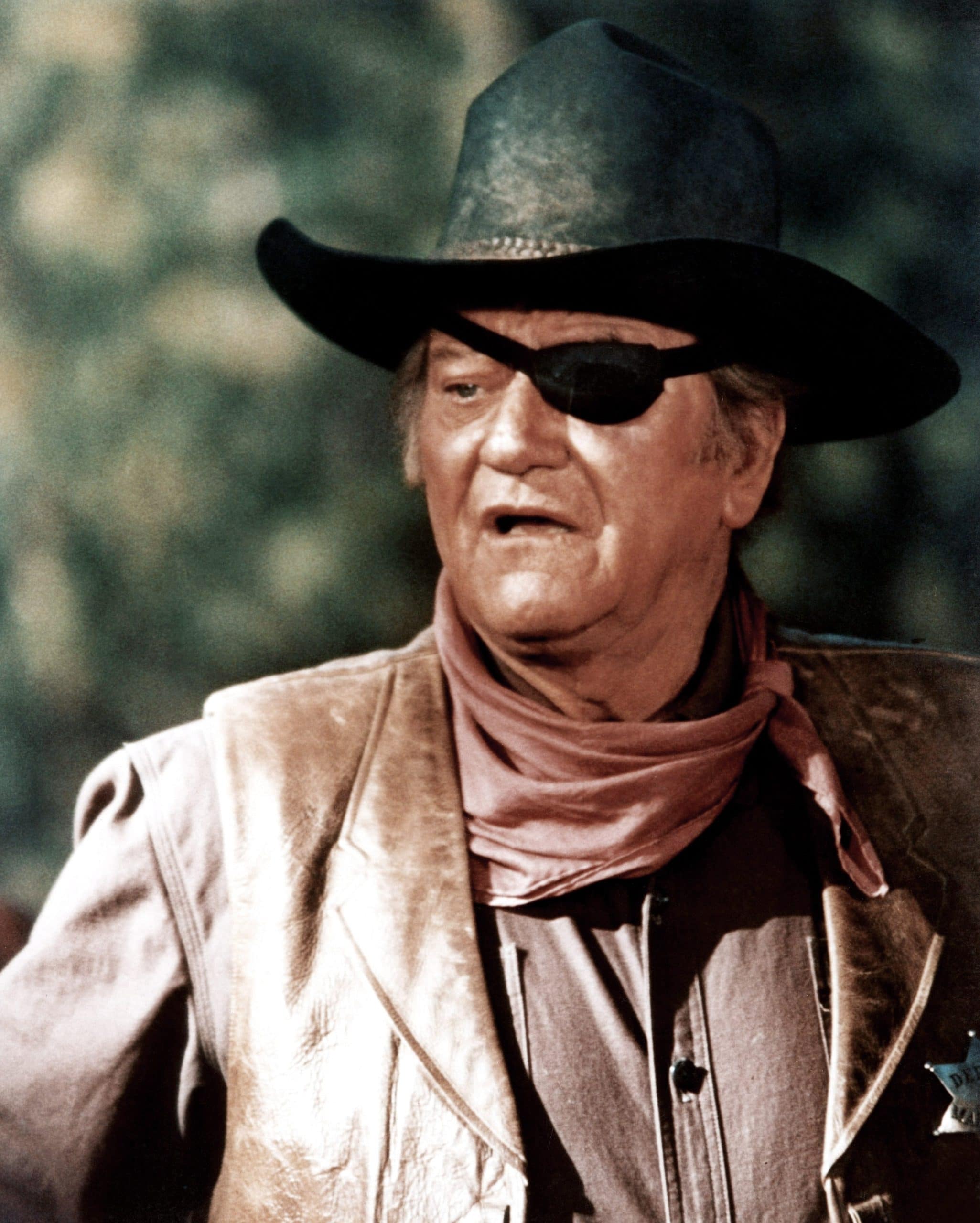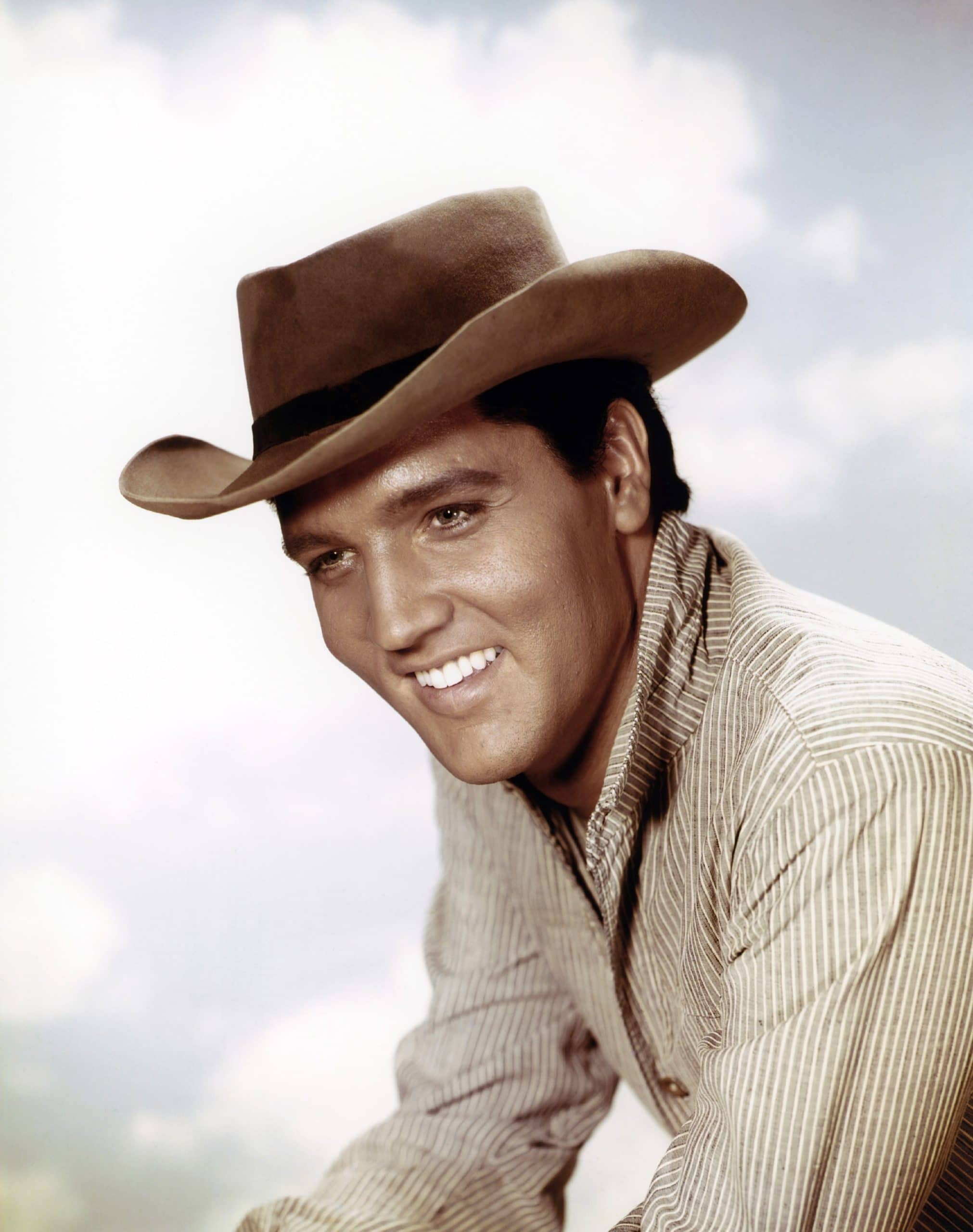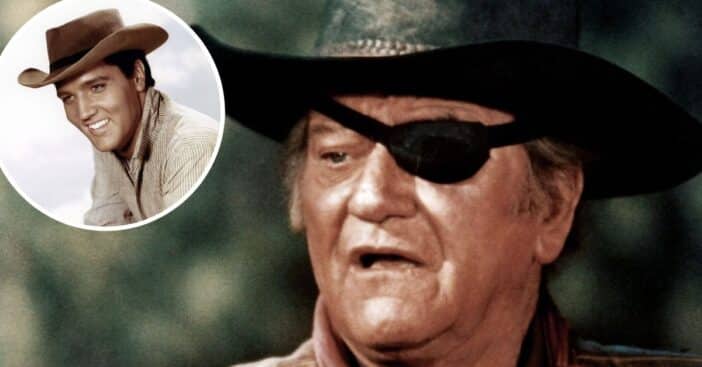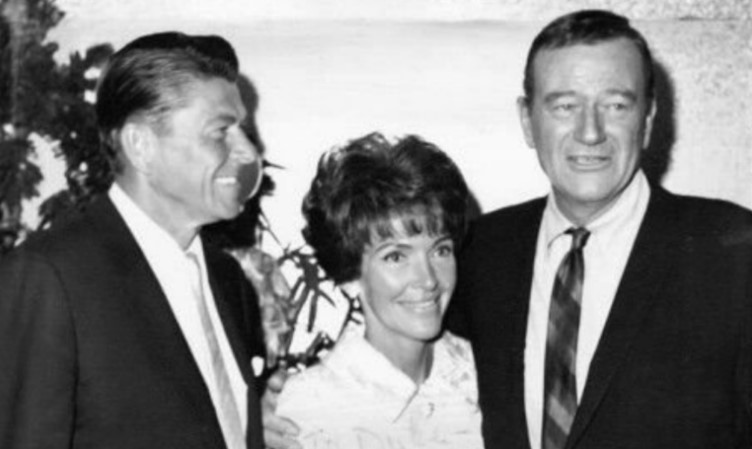In 1977, legendary actor John Wayne gave movie fans a rare insight into his personal tastes when he revealed his top five favorite films. The True Grit actor named the films for The People’s Almanac Volume II, one of a series of books that collected random, often off-beat factoids about history and culture. The book’s authors and editors, David Wallechinsky and Irving Wallace, asked every living Oscar-winning actor at the time to provide their favorites, and Wayne was one of the respondents. His written response was auctioned off in 2011, giving us the chance to see his choices in his writing
Wayne finally won an Oscar in 1970 for Best Actor, for his performance in True Grit, a well-earned honor after a career than spanned six decades. It should be no surprise, then, that his favorite films would include some early classics from Hollywood’s golden age, although you’ll likely be surprised by his number one choice, as it is not the sort of film you would associate with Wayne.
In perhaps true John Wayne fashion, two of his favorite movies were his own films. However, his selection of those films, as you’ll see, was likely due to his fondness for John Ford, his close friend and collaborator who directed the two films. Film critics also happen to consider them classics in their own right, so we can perhaps understand why Wayne included them on his personal favorites list as well.
5The Quiet Man (1952)
![John Wayne in The Quiet Man]()
Republic Pictures
The Quiet Man is not your typical John Wayne film, which may be why The Duke loves it enough to put it in his top five favorites. Some people may not care for westerns, and others may bristle at war films, but everyone can love The Quiet Man, a romantic comedy/drama from legendary director John Ford. Wayne’s film collaborations with Ford are among the finest films ever made, but this film broke from their usual fare of westerns and war films to make a light-hearted dramedy that retains its charm more than 70 years after its release.
Ford plays an American who returns to the village of his birth in Ireland, in an effort to escape his past. He falls in love with a feisty local woman, played to perfection by Maureen O’Hara. She and Wayne made five films together, becoming life-long friends in the process and an enduring on-screen duo, which is likely why this film made his favorites list. The film has become a traditional watch for St. Patrick’s Day, as many movie fans view it to celebrate Irish life and culture.
4The Searchers (1956)
![John Wayne in the western movie The Searchers]() Warner Bros.
Warner Bros.
Arguably director John Ford’s best film, The Searchers is an exquisite tale about a man’s search for vengeance and justice. Wayne plays a Civil War veteran who sets out to find his niece, who has been kidnaped by Comanches who massacred his family. Although it has all the trappings of a western, the film never falls into the genre’s easy tropes, and the ending is iconic.
Amazingly, the film didn’t score a single Academy Award nomination, in a year that saw Around the World in 80 Days inexplicably beat out Giant and The Ten Commandments for Best Picture. Wayne considered this his favorite film role, and even named one of his sons Ethan in honor of it, so its inclusion on his favorites list makes sense.
3The Four Horsemen of the Apocalypse (1921)
![The Four Horsemen of the Apocalypse 1921]() Rex Ingram Productions
Rex Ingram Productions
Some have confused Wayne’s selection of The Four Horsemen of the Apocalypse as the 1962 version directed by Vincente Minnelli. In fact, Wayne preferred the 1921 silent version starring Rudolph Valentino, who plays a Frenchman who marries into a Spanish family torn apart by World War I. The film was the biggest box office hit of the year, and made Valentino a superstar.
The film itself, while an interesting watch, hasn’t aged well over time. Like many silent films, it’s heavy on the melodrama, but at two-and-a-half hours long, it is an exhausting watch and wears out its welcome quickly. The film incorporates some interesting religious symbolism to sell the idea of World War I as a Biblically apocalyptic event, a bit novel for the time.
According to biographer Scott Eyman, a 13-year-old Wayne was so obsessed with the film, he saw it twice a day for an entire week at the movie theater in Glendale, California, where the family lived. The film sparked a cultural sensation with Spanish culture and the tango, and it may have fostered young Wayne’s self-proclaimed fondness for Latin women. He would marry three times in his life, all to Latina women.
2Gone with the Wind (1939)
![Annual Gone with the Wind Screening Canceled for Being Racially Insensitive]() Loew’s, Inc.
Loew’s, Inc.
Gone with the Wind isn’t the universally-praised epic it once was, as America comes to terms with the film’s problematic depiction of the Civil War and slavery. It’s impossible to defend the film’s romanticized view of slavery and the South, but it is possible to appreciate the film’s performances, technical achievements, and outstanding storytelling. To this day, it remains one of the best films Hollywood has ever produced, despite being a cultural product of the times. Clark Gable and Vivien Leigh among the most iconic romantic couples ever put on film.
At the time of its making, filmmakers assured civil rights activists that the film would not engage in demeaning black stereotypes, but Butterfly McQueen’s character did just that. Hattie McDaniel’s Mammy, however, becomes the conscience of the viewers in her role; she says exactly what the audience is thinking. Her Oscar win for Best Supporting Actress was an important first step in Black actors gaining acceptance in Hollywood.
Wayne’s reputation has taken a hit over some controversial comments made during his lifetime, but his selection of Gone With The Wind as a favorite film should not cause anyone to make assumptions. Even today, critics recognize its greatness and importance in film history. Surprisingly, Wayne loved the film, even though he didn’t like Clark Gable at all. HBO Max offers Gone With The Wind to stream, but with disclaimer videos that provide context and discussion about the film.
1A Man for All Seasons (1966)
![Robert Shaw as Henry VIII in A Man for all Seasons]() Columbia Pictures
Columbia Pictures
A Man for All Seasons is an interesting choice, and an unexpected one as Wayne’s top film. Based on the play by Robert Bolt (the writer of Dr. Zhivago and Lawrence of Arabia), the film tells the story of an English nobleman Sir Thomas More (Paul Scofield) who refuses to bow to the King’s demand to accept his defiance of the Catholic Church, so he can divorce and remarry. Facing imprisonment and potential execution, More must decide whether his principles are worth losing everything.
The choice of the film as Wayne’s favorite is perhaps a glimpse into the man himself. Wayne’s conservative values were often at odds with a more liberal Hollywood, especially when the 1960s shifted American culture. His embrace of a film in which a principled character who faced persecution likely resonated with him in the mid-1970s.
The film won six Oscars, including Best Picture, Best Actor (Scofield), Best Director, and Best Adapted Screenplay. The great Robert Shaw (Jaws) was nominated for an Oscar and Golden Globe for his scenery-chewing role as King Henry VIII, but was not rewarded. The film’s only drawback is its deliberate pacing, which at times slows to the point of tedium. It’s an intriguing character study, however, and worth a watch if you have the time and attention.
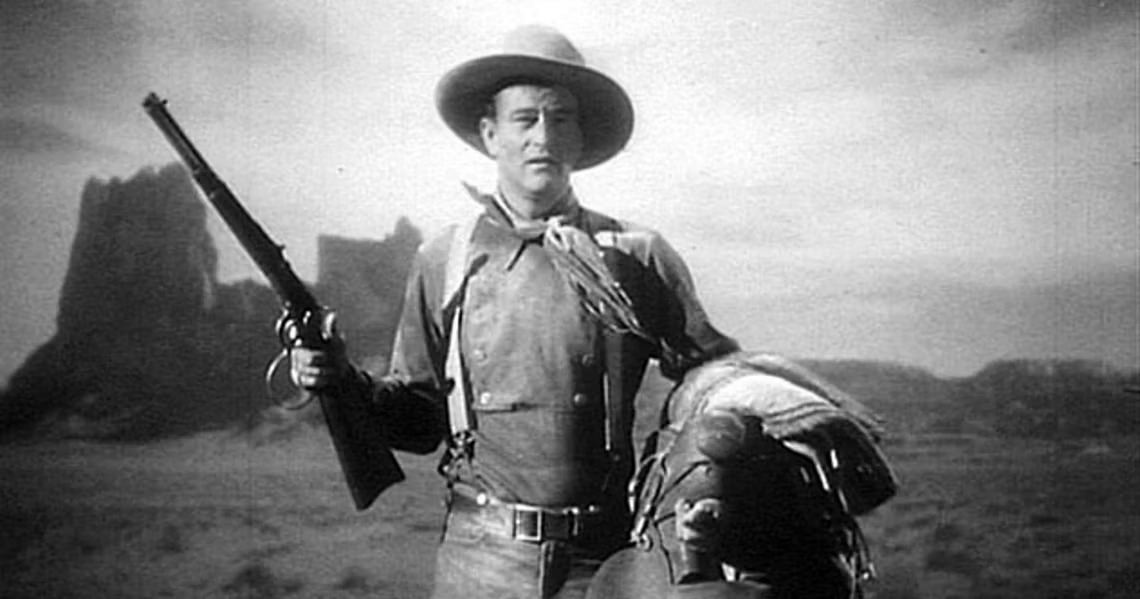

 Entertainment7 months ago
Entertainment7 months ago
 Entertainment7 months ago
Entertainment7 months ago
 Entertainment8 months ago
Entertainment8 months ago
 Entertainment9 months ago
Entertainment9 months ago
 Entertainment7 months ago
Entertainment7 months ago
 Entertainment8 months ago
Entertainment8 months ago
 Entertainment8 months ago
Entertainment8 months ago
 Entertainment7 months ago
Entertainment7 months ago
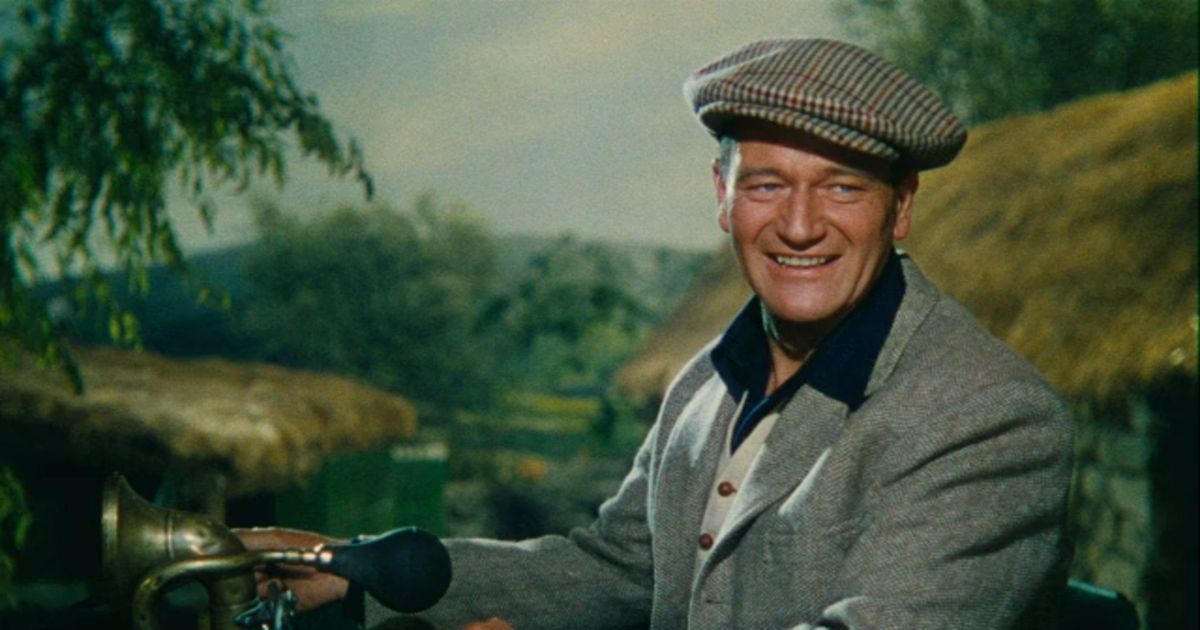
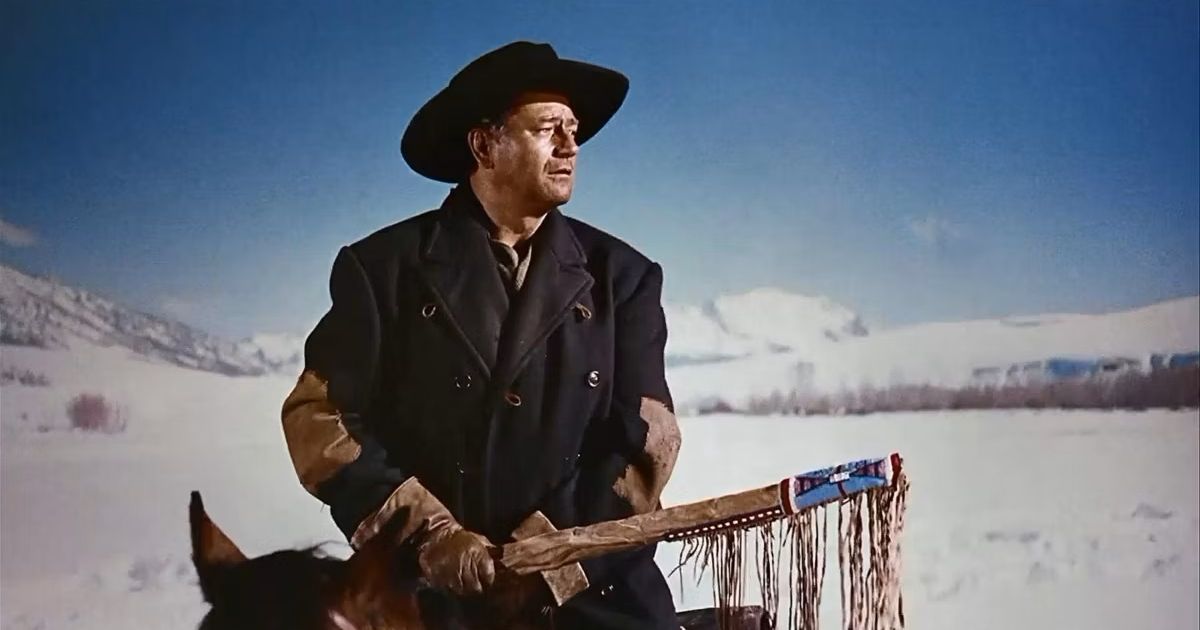 Warner Bros.
Warner Bros.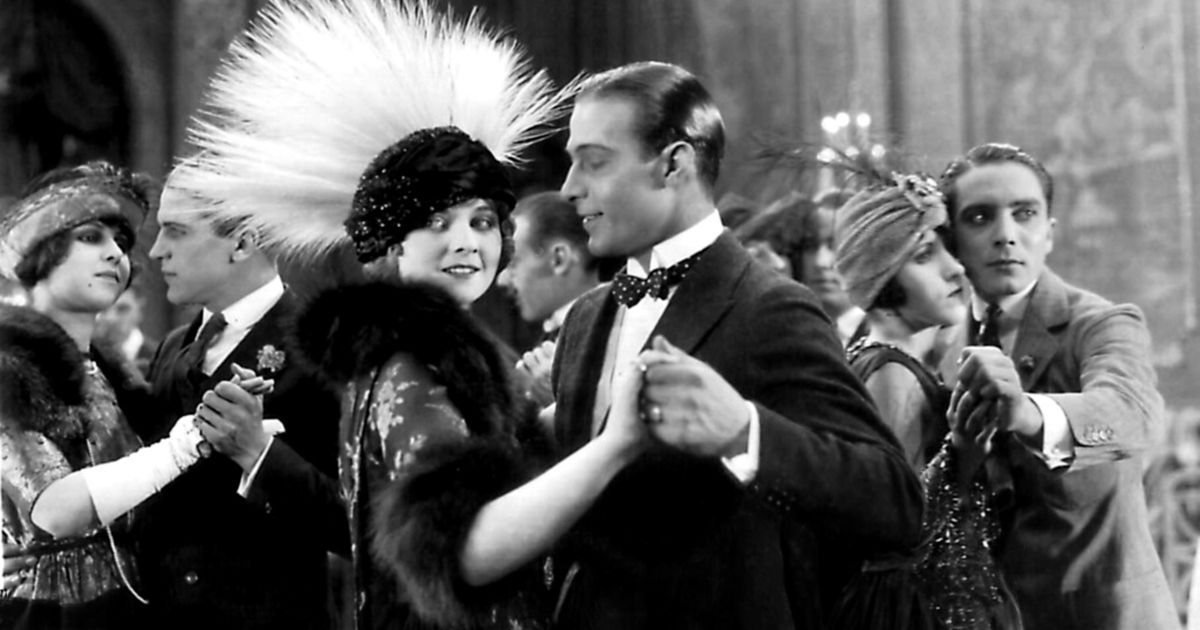 Rex Ingram Productions
Rex Ingram Productions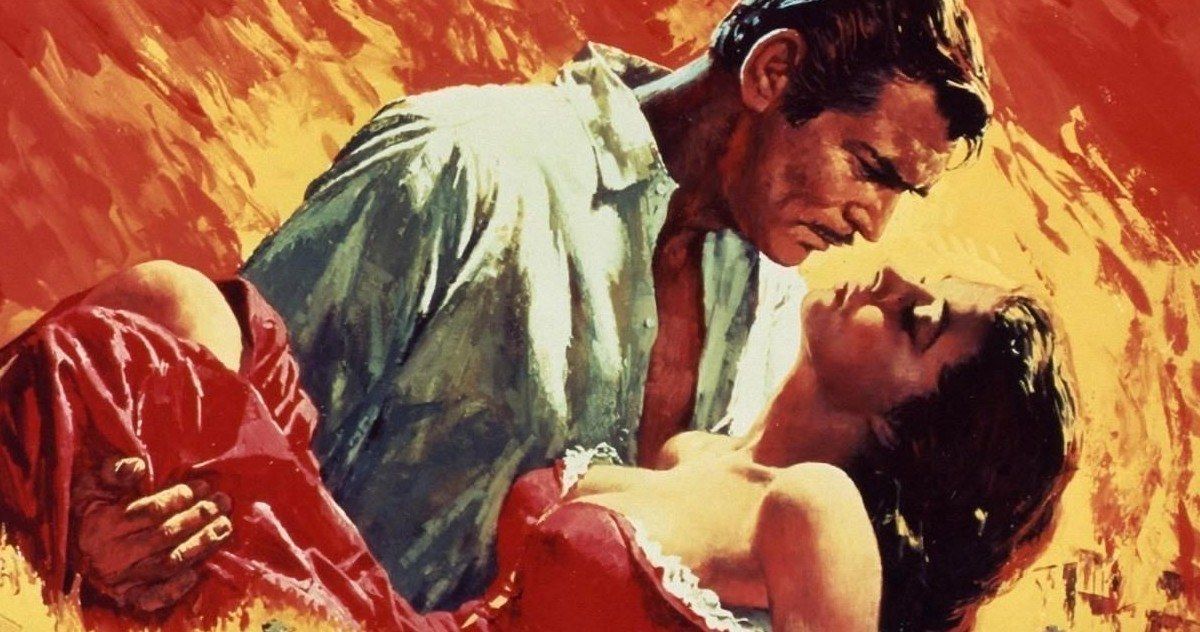 Loew’s, Inc.
Loew’s, Inc.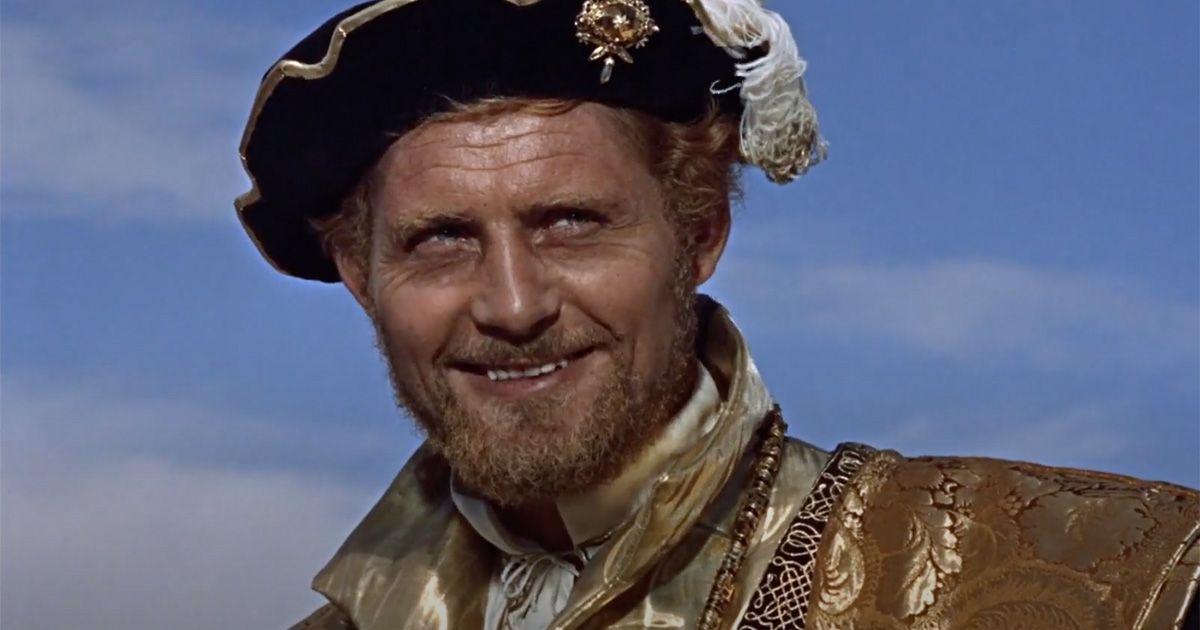 Columbia Pictures
Columbia Pictures